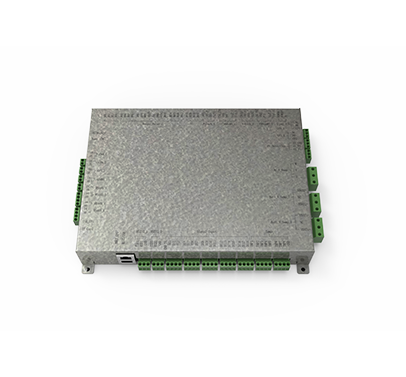As the global electric vehicle (EV) market is projected to reach a staggering 26 million units by 2030, the importance of robust infrastructure cannot be overstated. Central to this infrastructure are ev charging controllers, which play a pivotal role in managing and regulating the charging process.
The Role of EV Charging Controllers in Regulatory Frameworks
EV charging controllers serve as essential components that ensure safe and efficient energy transfer between electric vehicles and charging stations. From a legal perspective, these devices must comply with various regulations aimed at ensuring safety standards, interoperability, and consumer protection. Additionally, they align with Environmental Policies designed to promote sustainable energy practices by facilitating renewable energy integration into the grid while minimizing carbon footprints.
Find more about wallbox ev charging.
Wallbox EV Charging: A Case Study in Environmental Compliance
Wallbox EV chargers exemplify how technology can harmonize with environmental policies. These systems not only provide fast and reliable charging solutions but also incorporate features such as smart scheduling that allows users to charge their vehicles during off-peak hours or when renewable energy sources are most abundant. This capability significantly reduces reliance on fossil fuels while promoting cleaner alternatives—an essential aspect of modern environmental legislation.
The UUGreenPower Initiative: Pioneering Sustainable Energy Solutions

The UUGreenPower initiative stands out for its commitment to integrating green technologies within urban infrastructures. By advocating for policies that support renewable energy usage through innovative solutions like solar-powered chargers and demand-response strategies, UUGreenPower aligns itself closely with contemporary environmental goals. Their efforts not only enhance public awareness about sustainability but also encourage compliance among manufacturers regarding eco-friendly practices.
Conclusion
In summary, EV charging controllers represent more than just technological advancements; they embody critical elements within our evolving legal frameworks focused on sustainability. As we continue to navigate complex regulatory landscapes shaped by Environmental Policies, it becomes increasingly clear that these devices will play an indispensable role in fostering greener transportation solutions worldwide.
